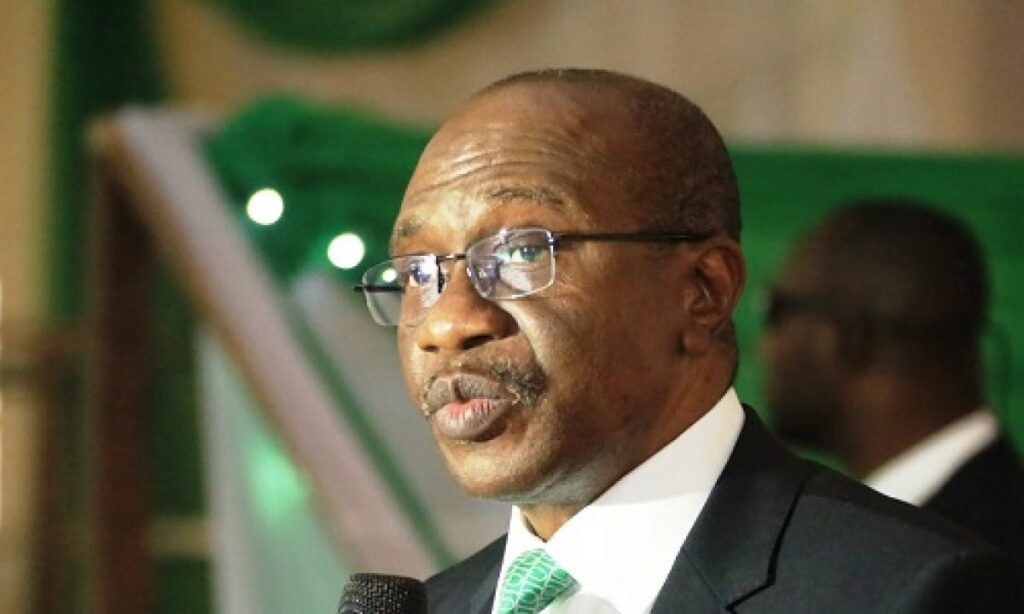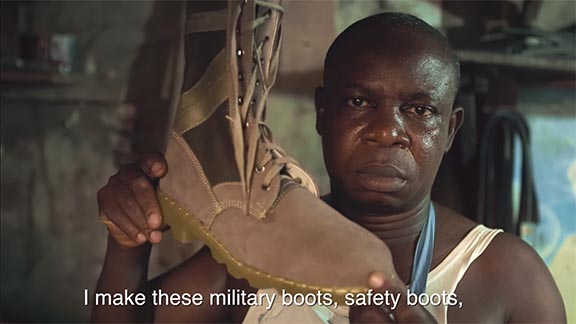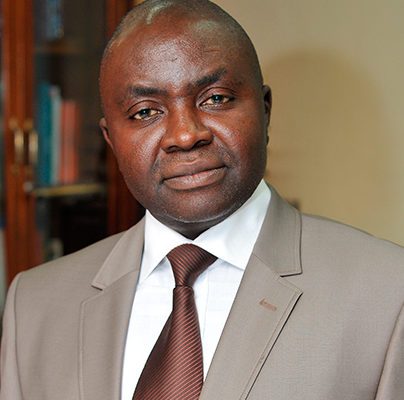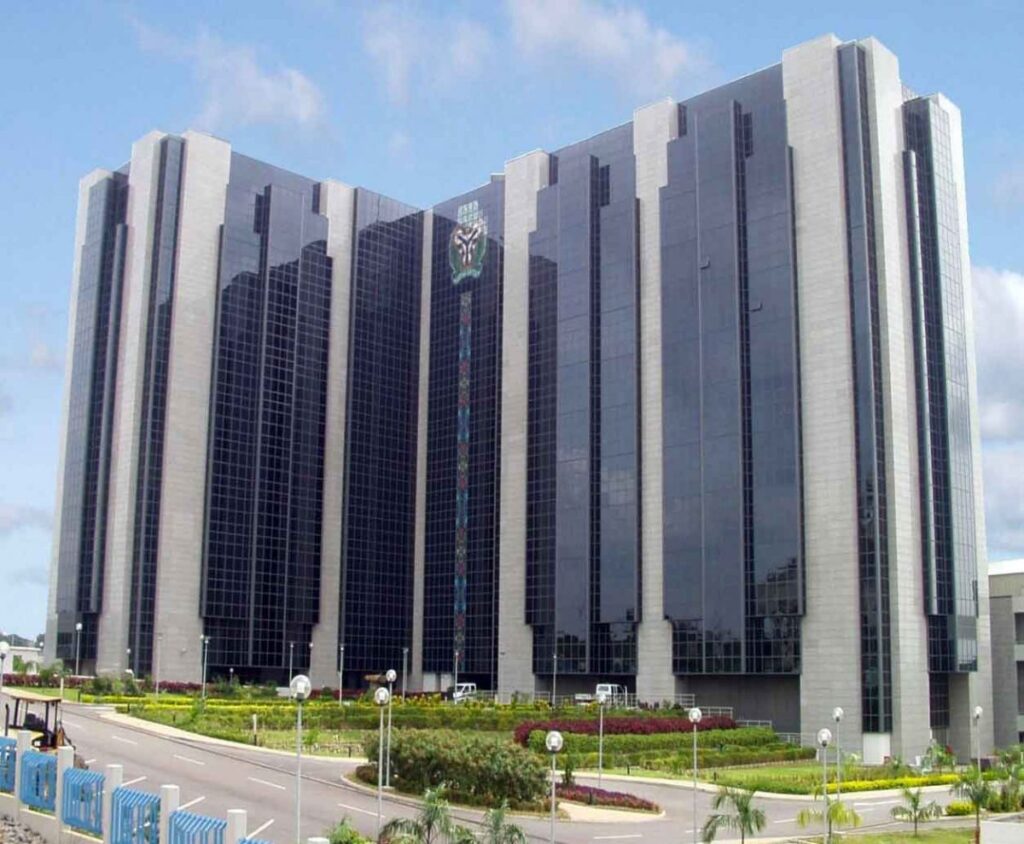The precipitous free fall of Nigeria’s currency particularly at the parallel segment of foreign exchange market is becoming a bitter pill that many Nigerians are finding difficult to swallow.
Indeed businesses, households and other stakeholders are not finding it funny at all, particularly against the backdrop of its negative impact on cost of living.
That however explains that the government and even the Central Bank of Nigeria are taking drastic steps to stem the tide of depreciation leading to the clampdown on bureau de change operators and lately the AbokiFX.
According to the Governor of the Central Bank of Nigeria, Mr Godwin Emefiele, the undue interrence and manipulation of this set of operators have been partly responsible for the sorry state of the naira in recent times, hence the regulators sledge hammer.

But regardless of the logic around the development, there seems to be a strong consensus among economic experts and the business community that the strength of any nation’s economy can better be guaged by the strength of its currency, and further underscores the popular sentiment by Vladimir Lenin, the founder of the Bolshevik revolution who once argued that “if you want to destroy a country, you destroy its currency in the first place” According to Lenin, inflation is a cheat and a fraud on those who save their money in currency.”
For Nigeria, the Naira exchange spike has already triggered severe panic in nearly all sectors of the economy with many concluding that all is definitely not well with the currency hence the need for urgent regulatory measures.
For those who care to know, this was the torturous path that the Zimbabwean dollar went before becoming one of world’s worthless currencies in recent years.
Amid the various monetary policies already or currently being implemented by the Central Bank of Nigeria,(CBN), some commentators have observed that with the Naira exchanging at N575/$1, it has recorded its poorest run in the history of the foreign exchange policy administration, as the regulators and the business community not taking the development for granted.
It was indeed in the light of this that the apex bank recently took the battle to the footsteps of “currency manipulators” after baring bureau de change operators from t’s official window.
But beyond efforts by the apex bank to restore the value of the currency, many have blamed the naira’s recent abysmal descent and constant state of flux on the rising claim of invisibles like school fees, medical tourism, overseas training, food importation bill, building materials, electronics, luxurious lifestyle of many Nigerians, raw materials among others.
For instance, the United States Mission in Nigeria says there are more students from Nigeria in universities and colleges across America, than those from other African countries.
According to Susan Tuller, the US mission country consular coordinator, Nigeria sends students to study in the United States more than any other country in Africa. With over 13,000 Nigerians studying in the United States, Nigeria is the 11th country for sending international students to America. That’s really huge, so you guys will have lots of friends and acquaintances that come from Nigeria once you get there,”.
To sustain this number in the US school system, sponsors of these young men and women would have to source forex for their fees and upkeep which would naturally put pressure on the Naira.
It’s therefore quite obvious that the collapse of medical, educational and the nation’s manufacturing sectors over these years is a major contributory factor to the continued pressure on the currency thereby setting it for its free fall.
Indeed at no time in years past, had Nigeria’s growing appetite and lifestyle that now tend to fancy foreign manufactured goods to the detriment of locally made ones had mounted so much pressure on the local currency than now.

Only a fortnight ago, Leather Products Manufacturers Association of Abia State (LEPMAAS) lamented that the high cost of raw materials used in shoe production, was threatening their production capacity and jobs in the sector.
It’s president Okechukwu Williams said his members now find it difficult to produce shoes, at the current exchange rate of the dollar as six of the eight important components used in shoe production are still being imported taking the prices of finished products beyond the reach of many across with skyrocketing snd frequent spike in exchange rates.
He said: “Seventy percent of the materials we use in shoe production is imported from China, Italy or other countries where shoe and leather raw materials are produced.”

“He further stated “And for us here, it is not goodnews that in the 50 to 60 years the Aba shoe industry has existed in Nigeria, no conscious effort is made to reduce the quantity of imported raw materials used in manufacturing leather products.” The industrialist lamented
Also reviewing the turn of events in the nation’s economy, Dr Muda Yusuf, Economist and CEO, Centre for the Promotion of Private Sector Enterprise (CPPE) opined, “What we are experiencing in the foreign exchange market today is largely the consequence of the CBN policy choice of a fixed exchange rate regime and administrative allocation of forex. It is a policy regime that has created a huge enterprise around foreign exchange – round tripping, speculation, over invoicing, capital flight among others.

The responses of the apex bank largely amounts to tackling the symptoms of a problem rather than dealing with the causative factors. The the CBN does not seem to believe in or trust the market mechanism. Yet market systems are time tested as instruments of efficient resource allocation in leading economies around the world.”
Yusuf further stated, “Of course market failures are recognised in economics, and these are exceptions that can be identified in dealt with.”
According to him “Suppressing the market is like swimming against the tide. It is a difficult battle to win.
The NAFEX Window is a subsidised window.
Managing a subsidy regime is typically a herculean task. We have seen this happen with fertiliser subsidy essential commodities subsidy and petrol subsidy. The story cannot be different with foreign exchange.
The way out of this foreign exchange conundrum is for the CBN to allow the market to function. It is also imperative for the apex bank to de-emphasize demand management and focus on strategies to stimulate forex inflows. A fixed exchange rate regime is a major disincentive to inflows and and creates enormous pressure of demand for forex. It is a contradiction in terms.
The CBN needs to give the market a chance. Its current approach would continue to deepen distortions in the economy, perpetuate roundtripping, fuel speculation, suppress forex supply and boost underground economy.
While sharing his own thoughts on what the government can do to stem Naira’s free fall, Daniel Dickson-Okezie, Chairman Lagos Chamber of Commerce and Industry, SMEs subsector, said that the exchange rate challenge stems from the fact of the country is deteriorating to a net importer of all it consumes which incidentally has become the tragedy of the economy. To solve this problem, he called for the retooling of the nation’s production infrastructure to reduce importation manufactured goods and raw materials so as to conserve forex.
“We need to improve our production particularly in the area of agriculture. If we produce, the lesser we import and that is the better. We really need to reduce our imports and export more.
In the past few years, some manufacturing companies have closed shop and relocated to nearby West African countries. If we produce more and export more our GDP will grow and the value of the naira will improve. if we import less, we will be in a better position.
One of the problems of the country’s economic management strategy clearly is its policy summersault. The CBN seems to have run out of ideas and solutions. In the past few years, the CBN governor has done a lot. I think the person handling the macro-economic side or the monetary sector of the country has not been finding things easy. What is worrisome is that devaluation of currencies, does not help in anyway. We are still a mono economy, which is the oil that is fading.
We need to improve our economy, produce better. As one of the leaders of the organised private sector in Lagos, I can tell you that this government is not doing much to encourage export. Forget what you read on the pages of the newspapers. The ease of doing business is not real. The hurdles that exporters face are too many.
This includes Corruption, bad roads and other obstacles that are discouraging and killing businesses. On the possibility of reversing CBN’s ban on BDCs, he argued that the problem was not actually the BDCs but some of those commercial banks, calling on the regulators to beam their light into what the banks are doing .
Investigating commercial banks

According to Okezie most fraudulent activities pass through commercial banks and as such if the government needs to sanction anybody, it shouldn’t be the bureau the change operators but the banks as there is no type of financial crime that happens in this country that does not pass through the commercial banks.
He said “Most of them are creating problems in the forex market. They should be investigated. The CBN as a regulatory agency, should compel its Bank Examination department to carry out routine checks on commercial banks; check their books, transactions, and do the other real regulatory action. But corruption stalls all that.
Fiscal activities of the government
The LCCI SMEs chair also lamented the high level in most government agencies urging a frontal attack on the issue is at every level.
Also commenting Mr Garba Kurfi, a senior stock and securities trader, said “For me, rather than devaluing the Naira, the two exchange rates, the official and parallel rates should be merged.
He argued once that is done, dollar will be readily available and things will be better for all.
“It does not make sense to sell my dollar at the official rate price of N417/$1 when a dollar is N575. So why don’t we merged these two rates to get more dollar flow and Naira will get to it’s level and everyone will be at peace.
Nigeria was the only country where the central bank sell foreign exchange from its reserves to0 BDC operators. The question we ask ourselves is why it took us so long to ban their operation. The only exchange rate I can recognise today is the I&E window rate, which is the rate we expect everyone that wishes to procure foreign exchange to use. I don’t recognise that there are any other rates in the market,” He said.
In the same vein, the Founder/Head at Probusiness Consults and an economic analyst, Chukwuemeka Iheonunekwu, said that the free fall of the Naira is a hydra-headed monster that requires diverse and intensive intervention, adding that the currency might fall to over N1,000 per dollar before 2023.
“I already suspect that the gap in FX supply will push it to N600 by this December as demand increases. One of the major troubles of the Naira is that the CBN managers believe they can use a duct tape strategy to prop up its value using income from oil. They don’t want market forces to determine the Naira value because it would reveal that the Naira is much weaker than they want us to believe”, he said.
According to Iheonunekwu, the CBN needs to fill up the gap in FX supply as soon as possible, Nigeria needs to move towards manufacturing across whole value chains and stop relying heavily on crude and move away from an import based consumer economy to an export based economy.
“There’s also the problem of the CBN printing more money to augment government spending. This sparked a controversy recently and many people said there was nothing wrong with CBN printing more money to pay salaries and support government spending. What is wrong with that is the fact that printing more money always increases inflation, which, according to recent CBN data, is at 16.63 per cent today.

